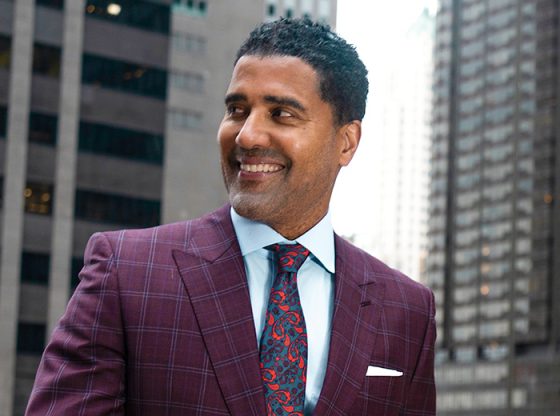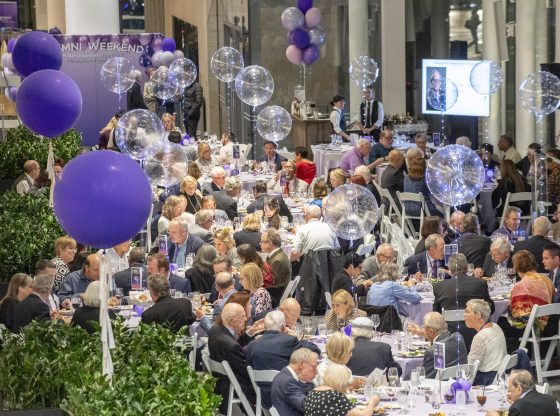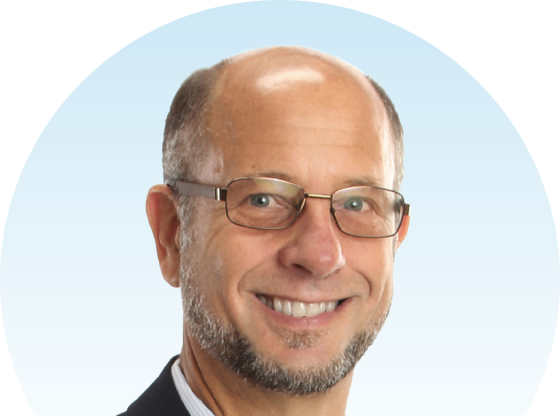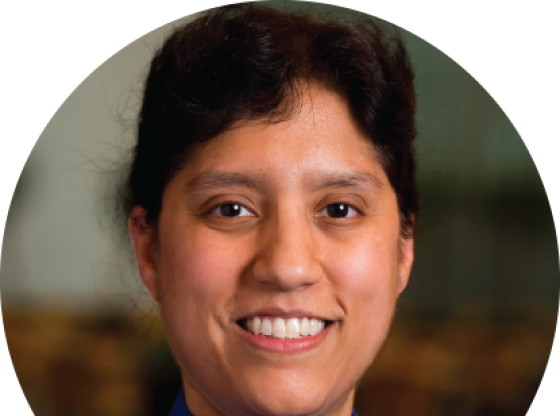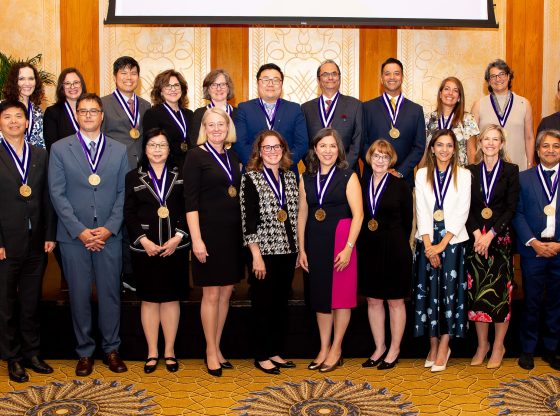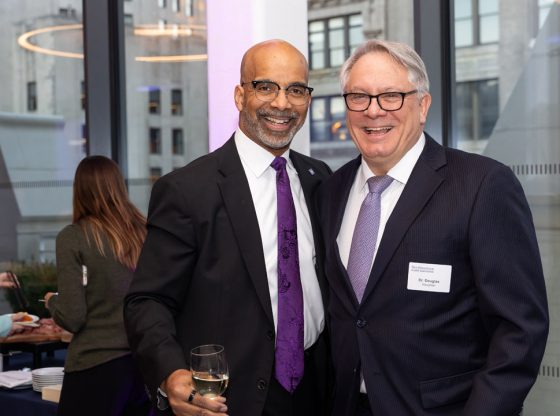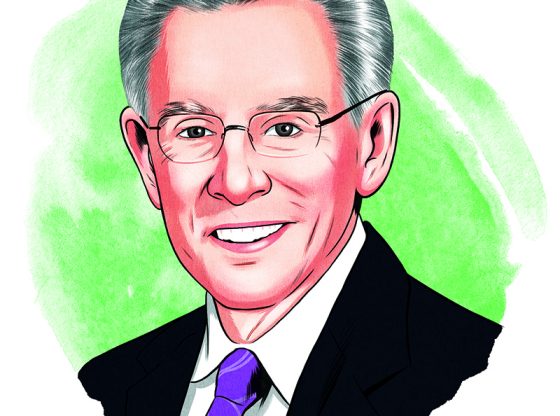WRITTEN BY: David Kan, ’99 MD
I didn’t like working with people who use drugs (PWUD) when I was a medical student. I remember Dr. John Franklin’s calming voice as he attended on those with addiction. I remember thinking, “Where does that calm come from?”
Fast-forward 20+ years later, I’ve found my calm in working with PWUD. My calm developed through the experience of working with thousands of PWUD. I’ve been lucky to save lives. I’ve been blessed to bear witness to the experience of those whose lives were immeasurably improved through recovery.
I took a job at the San Francisco VA Medical Center after completing my psychiatry residency and forensic psychiatry fellowship. I ran the opioid treatment program (OTP) from 2005 to 2015, dispensing methadone and buprenorphine for opioid use disorder (OUD). The treatment is known as Medication-Assisted Treatment (MAT), although that term is falling out of fashion for addiction specialists.

The passing of SIF/SCS legislation would help ensure that patients like those of mine who overdosed after leaving care would have another chance to survive.
Medications are treatment. In treating more than a thousand veterans during my 10-year career, I did not have a single patient die from an accidental overdose in the program. But the sad reality is that I would learn many died from an overdose after leaving treatment. Those patients are seared into my memory.
As a quiet Asian physician, I’ve grown since medical school to find own my own voice and authority. I’ve testified at the state capitol in Sacramento and in Washington, D.C., on issues related to addiction. The issue I remain most passionate about is Safe Consumptions Spaces/Safe Injection Facilities (SCS/SIF).
I’ve advocated for four years running for a bill (now called SB 57) that would authorize pilot SIF/SCS in California.
SCS/SIF represents a spectrum of medical care. They are locations where patients are provided with sterile equipment and use pre-obtained drugs under medical supervision. This was a concept that was antithetical to my values early in my career. Can we just allow people to use drugs? Aren’t we only facilitating pathological behavior?
The weight of the evidence shifted my values as the years rolled on. I had a front seat to the development of the opioid epidemic. I sat helpless as patients left care and died from their addiction. Each death was a marker that we need to do things differently. I entered the practice of medicine to make a difference in all lives.
There are at least 100 SCS/SIF operating in 66 cities around the world. To date, millions of episodes of drug use have been medically supervised, and there has not been a fatal overdose death to date in an SCS/SIF.
I visited the InSite Clinic in Vancouver three years ago. Patients were orderly, accessed care, and above all, grateful for the service. This alone would lend my support in the face of overdose death. But more compelling was the human narrative that underlies the robust evidence.
PWUD are not treated well by the medical system. Their complaints are discounted because of their addiction. They shun medical care because the system often shuns them. However, SCS/SIF can change the narrative that the medical system has no interest in their lives and can serve other needs, like housing, HCV/HIV/STI testing, and infection treatment.
SIF/SCS keeps patients alive. The InSite Clinic in Vancouver has detox beds upstairs that are available on demand. There, patients with addiction can take time to consider a change; these facilities buy time for people until they are ready.
SIF/SCS participants are 33 percent more likely to enter addiction treatment. Participants don’t litter the streets with needles. HIV and Hepatitis C infections drop precipitously. Massive cost savings to the medical system directly result from avoided emergency room visits and hospital admissions. Community drug use and drug-related crime do not increase.
The passing of SIF/SCS legislation would help ensure that patients like those of mine who overdosed after leaving care would have another chance to survive. There would be a place for them to turn until they are ready to step back into my office.

